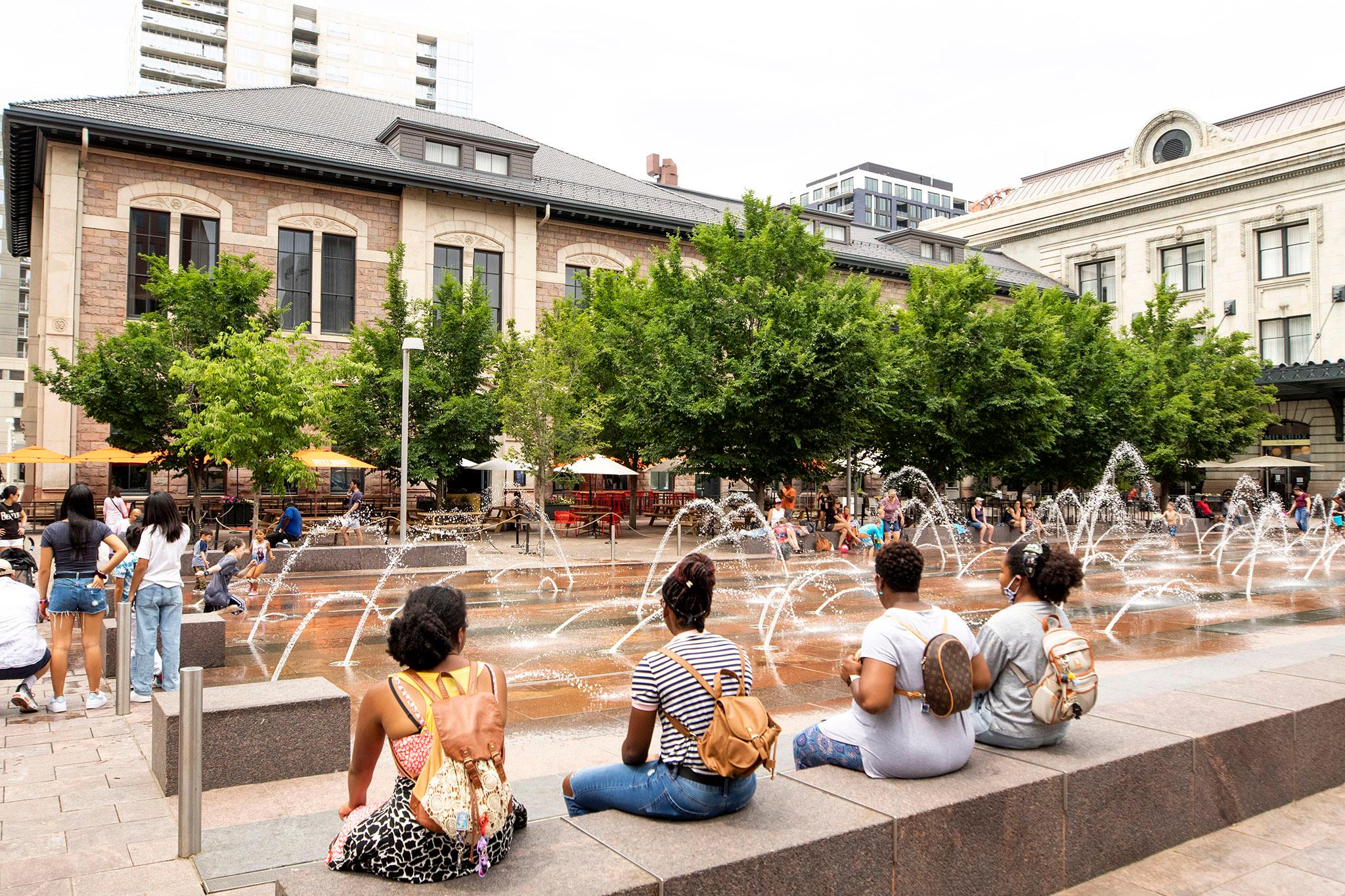The hottest spot around Denver is still the city itself.
A Climate Central report released Tuesday shows that Denver is, on average, 5 degrees hotter than its surrounding areas. Researchers calculated temperatures across the entire city, so specific areas like RiNo or Stapleton may experience even more heat.
The findings show highly developed urban areas can experience mid-afternoon temperatures that are 15°F to 20°F warmer than the surrounding, more vegetated areas. And, with climate change worsening extreme heat events, the city can only expect these numbers to increase.
The nonprofit news organization reports on climate science, and their report tracked temperatures in 158 cities. Some of the factors they used to measure heat intensity include how reflective versus absorbent city spaces are, how much land cover is green space and permeable, as well as building height and density, which can affect airflow and heat dispersal within a city.
Denver's ranking wasn't terrible compared to all 158 cities, putting it on par with places like Cheyenne, Wyoming and Colorado Springs. The city's low-lying scrub brush was actually beneficial for dispersing heat, and the city's albedo (or the amount of land that reflects instead of absorbing heat) was good - despite the fact that the city's green roof initiative has had a rocky start.
"The biggest issue that Denver faces, that I would say is the biggest issue that a lot of places face, is that a lot of the places without green are very concentrated," Jen Brady, a Climate Central senior data analyst, said. "You have downtown districts... where you see a more concentrated area."
She said this high-density development often poses an issue for integrating heat-lowering measures like green space.
According to Denver paramedic Peter DellaVecchia, a multitude of factors play into someone's susceptibility to the heat. Respiratory and cardiac issues make folks especially vulnerable. And with Denver's air quality suffering from the wildfire season, the same populations affected most by air quality will also suffer from the heat.
"You can be perfectly hydrated, but if your core temperature exceeds a certain point, it doesn't matter how well hydrated you are," DellaVecchio said. "You can't sweat off that heat in your body, you can't cool yourself down, and you can still have significant health issues."
We covered a different national study on the heat island effect in 2019, and although research showed only a slight link between Denver's "inverted L" and increased heat, several factors may have thrown off those estimates. Things like the rapid gentrification seen in Five Points and the fact that the DIA neighborhood (which is very hot) isn't really residential may have skewed results.
The 2019 analysis also found that race is "highly correlated to heat vulnerability," meaning people of color are more likely to face health impacts due to heat.












